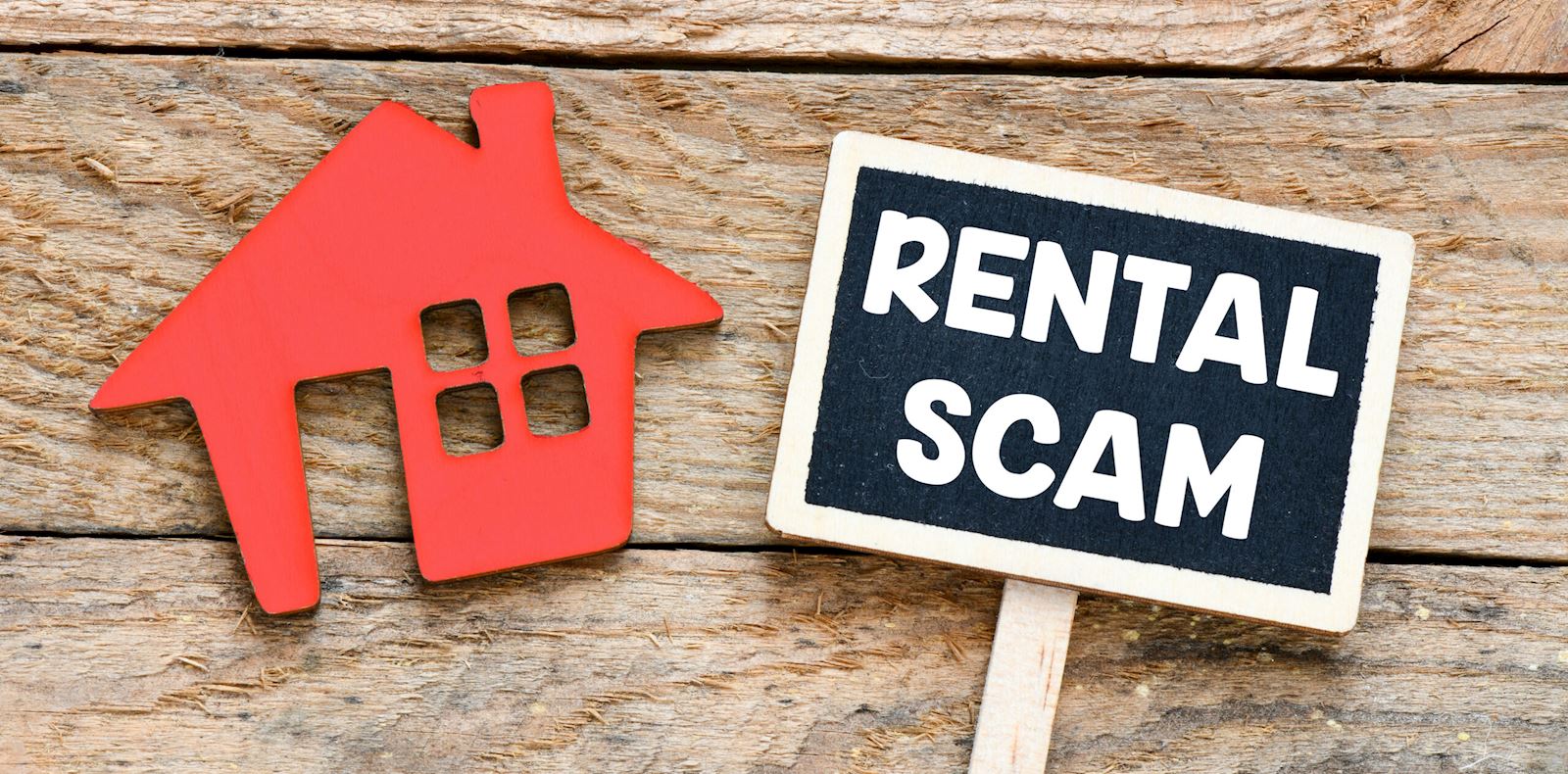The convenience of online rental listing puts options at your fingertips, but there are some important things to watch out for. Anywhere there are listings and reviews online, unfortunately there are usually scams.
Rental listings are a popular target for scammers. Prospective tenants are used to having personal details at the ready for applications, expect to be asked some questions, and ultimately, expect to hand over some money.
Scammers shouldn’t scare you off the Internet (there are plenty offline too). You just need to know how to guard against them and what to look out for.
Rental scam warning signs
If it sounds too good to be true, it almost definitely is.
Look for advertised prices well below the rest of the market, the promise of water views, full furnishings and any other combination of benefits for an impossible cheap rate.
1.The landlord is overseas.
This is an immediate a red flag. Though it may on occasion be true, it should be treated as suspect for safety’s sake.
2.You’re asked to hand over money before anything else happens.
If you’re asked for a viewing fee, a holding fee to secure a property, or any other kind of upfront fee (usually in the form of an electronic transfer), stop immediately. This isn’t standard practice and is deeply suspect.
3.You’re being offered lots of excuses as to why you can’t view the property.
Just like that landlord who is overseas, something doesn’t add up. You should be able to go through all the usual channels without hinderance.
4.There’s something off about the photos in the listing.
They may be low quality images (blurry, pixellated, or only one distant shot). They may be stock images or taken from other websites. If you think you’ve seen a picture before, trust your instincts and run an image search on Google. Sometimes pictures show outdoor environments that don’t match up with the cities they’re advertised in (palm trees where there should be skyscrapers). Look very closely.
5.Text within images.
If an image has text superimposed, or is nothing but text itself (such as an email address), raise that red flag again. This is highly unusual and very suspect.

How to protect yourself against fraud
Keep copies of any emails
Keep all correspondence you exchange with the landlord or representative you are dealing with in case you need to provide these to the authorities.
Do thorough online research about the property.
Search the name of the person or company involved. If they do not have an online presence (or one that looks like it was hastily cobbled together), you’ll affirm you suspicions and can stop the conversation before it progresses any further. Remember that even fancy, professional looking sites and profiles can be fake. Check other review sites for those names or for similar activity.
If you are checking references or recommendations, do so independently.
Do not rely on contacts provided by the landlord, owner or representative.
Lay your own groundwork with money and finances.
Do not consent to a money transfer. This carries a high risk. If conducting an online transaction on the listing website, ensure it uses the latest in website security.
Never, ever hand over money or information to someone you don’t trust.
Trust your instincts – it’s better to be safe than sorry. No landlord or agent can fault you for doing your due diligence.








 Compare (0)
Compare (0)